China's first law on granting immunity to foreign states fully adheres to international law and is also consistent with the general practices of various countries, Beijing said on Tuesday.
At a session on Friday, the Standing Committee of the National People's Congress — China's top legislative body — reviewed and passed the Law of the People's Republic of China on Foreign State Immunity. The law stipulates the rules for Chinese courts to handle civil cases involving a foreign state and its property.
According to some foreign media reports, the law marks an adjustment to China's previous stance of granting foreign states "absolute state immunity" — the protection that a state is given from being sued in the courts of other nations.
In response, a spokesperson for the Ministry of Foreign Affairs underscored that the law "affirms the fundamental principle that a foreign state and its property enjoy immunity in China", but at the same time, it stipulates exceptions.
"The exceptions are relating to nonsovereign act of a foreign state, under which Chinese courts can exercise jurisdiction, such as cases involving disputes arising out of a commercial activity, relevant personal injury and property damage," the spokesperson said.
The law also states that Chinese courts can take compulsory judicial measures against a foreign state's commercial property "under strictly limited circumstances", the spokesperson added.
Ma Xinmin, director-general of the Department of Treaty and Law of the Foreign Ministry, made similar observations in a recent signed article, noting that many countries did enshrine the absolute state immunity of foreign states in their history.
Yet, since the end of World War II, the disputes involving one country's citizens or its enterprises with another country have been on the rise due to thriving global trade. Therefore, many countries — both developed nations such as the United States and developing countries — have gradually turned to putting limits on state immunity, he wrote.
Speaking on the law's purposes, the Foreign Ministry spokesperson said it stipulates provisions "in line with international practices and aims to improve China's foreign state immunity system".
It aims at "protecting the lawful rights and interests of the parties concerned, safeguarding the sovereign equality of states and promoting friendly exchanges with other countries", which in turn boost China's higher-level opening-up, the spokesperson said.
Enacting the law "is a normal legislative activity conducted by the NPC Standing Committee", the spokesperson emphasized.
"As a responsible major country, China firmly upholds the principle of sovereign equality and will faithfully implement this law to protect the legitimate rights and interests of Chinese nationals and legal persons, and respect the immunities enjoyed by foreign states under international law," the spokesperson added.



















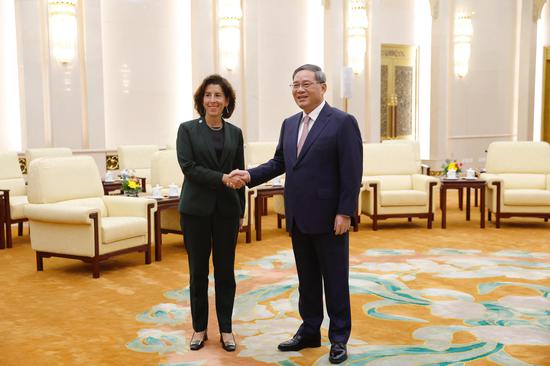

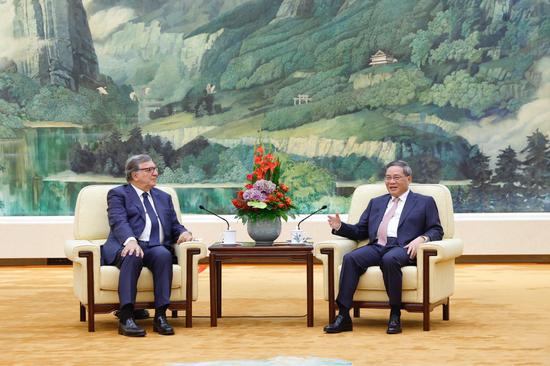












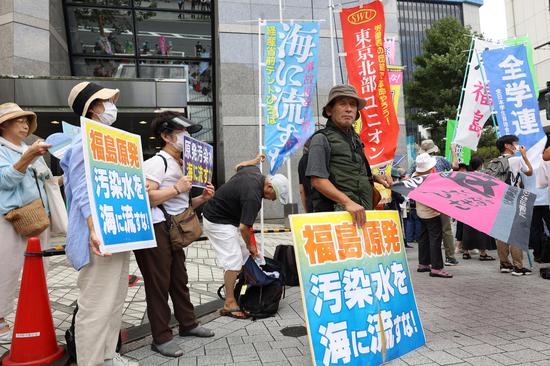

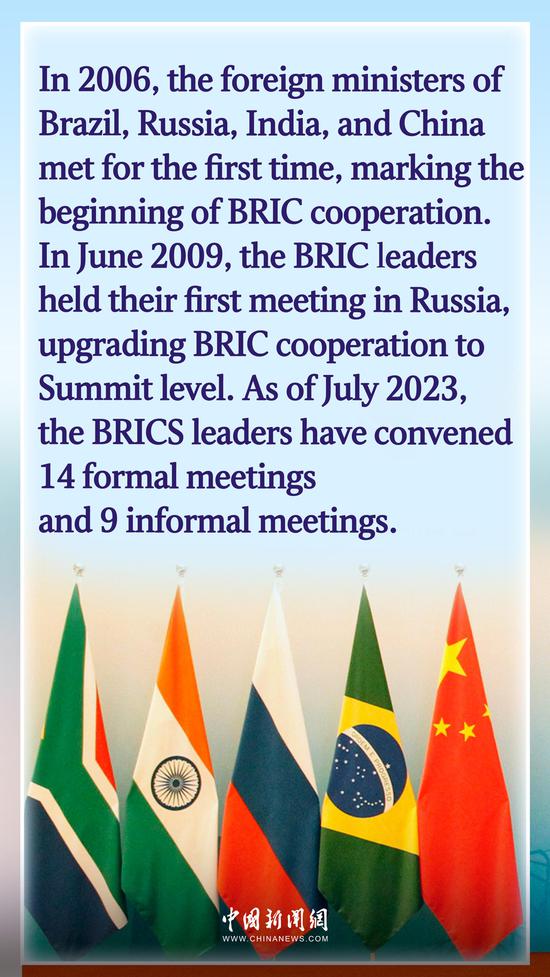






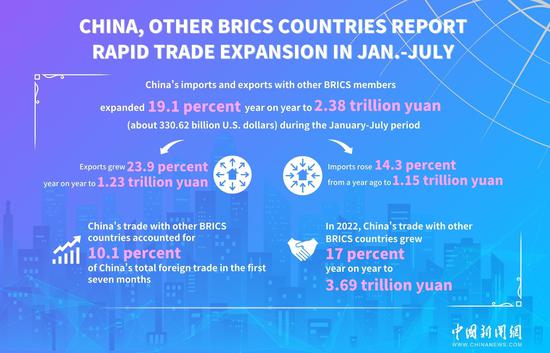






 京公網安備 11010202009201號
京公網安備 11010202009201號